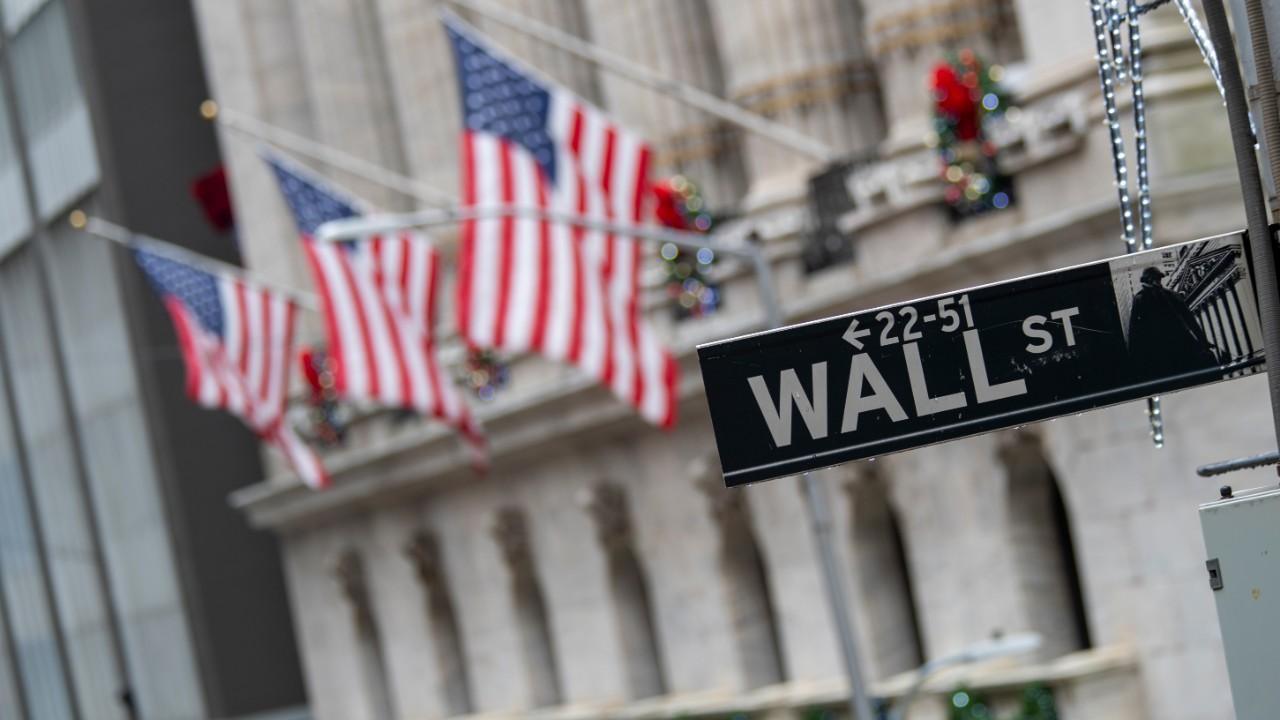Coronavirus-induced economic downturn sees wealthy cashing in on art, memorabilia
Auction companies are seeing increased sales amid a slowdown in the US economy
Get all the latest news on coronavirus and more delivered daily to your inbox. Sign up here.
Wealthy Americans are cashing in on art, memorabilia and other valuable items while in quarantine.
With the U.S. economy in a coronavirus-induced downturn with millions of Americans filing for unemployment, the rich are seeking fast capital from expensive art and collector's items, and auction companies are seeing a boom in business.

Wealthy Americans are investing in art and high-priced memorabilia with a coronavirus-induced recession looming.
New Jersey-based auction company GottaHaveRockandRoll, which specializes in high-end music memorabilia, has seen a 15 percent increase in sales since the coronavirus outbreak. The company recently sold a cherry-colored 1967 electric Guild Starfire V guitar owned by rock legend Jimi Hendrix for $300,000, Dylan Kosinski, the director of sales, told FOX Business. He's seen an uptick in consumers buying artwork and timeless merchandise from musicians or selling it for cash amid the pandemic.
"We had more people wanting to sell, art included," Kosinski said. "I believe it to be partly because people's finances are declining. What is happening is in auctions, more people are selling and will take a lower price for there items, so the items start cheap, but so many people come and bid that the piece, whatever it is, sells for more than we were expecting."
WorthPoint.com, a marketplace for valuing antiques, art and vintage collectibles, has also seen new business, with traffic to its website surging by 80 percent this week compared to the same period a year ago.
“During economic hardships, historically at auction, items with inherent tangible value like jewelry have performed well and held their value. We are now seeing buyers behave with art in a similar manner -- investors are treating canvas and paint as safe investments in these uncertain times, arguably as safe as gold and diamonds,” Corey Cripe Kuchel, founder and CEO of e-ValueIt.com, an online antique valuation service, said in an email.
TOP LUXURY BRANDS WITH THE HIGHEST RESALE VALUE
“It's important to remember that right now a lot of art is likely changing hands that we don't necessarily know about. While social isolation is in effect and auctions have been canceled, millions of dollars in art is moving through private sales brokered by auction houses," he explained.
Art is a popular investment because as a luxury commodity, its value is typically not affected by the volatility of the financial market. Work from renowned artists like Picasso, Dali, Warhol and Jackson Pollock, for example, have maintained value even during financial crises.
LUXURY HANDBAGS GET BIG RETURN ON THEIR INVESTMENT
In 2009, auction houses Christie's and Sotheby's sold a combined $4.5 billion in fine and decorative art at auction, according to Artnet.com. Warhol's "200 One Dollar Bills," which was estimated to fetch between $8 million and $12 million, sold for a whopping $43.8 million at Sotheby's, more than three-and-a-half times over its high estimate.
A number of collectors have raised funds from their art assets. Elizabeth von Habsburg, a managing director at New York-based Winston Art Group, told Business Insider that individuals are trying to raise capital from their art as a result of “economic disruption and lowered interest rates” in the markets prompting clients to “undertake or add to, their loans collateralized by art.”
“Art can be held and hung on collectors’ walls even while being used as collateral,” von Habsburg told the outlet. “It is an alternate source of liquidity in a normally rather illiquid asset.”
Those who don't have fancy art to sell may find value in unused items around the house by turning added clutter into cash. Market Research firm NPD Group found the average American household contains $7,000 worth of unused items.
CLICK HERE TO READ MORE ON FOX BUSINESS




















